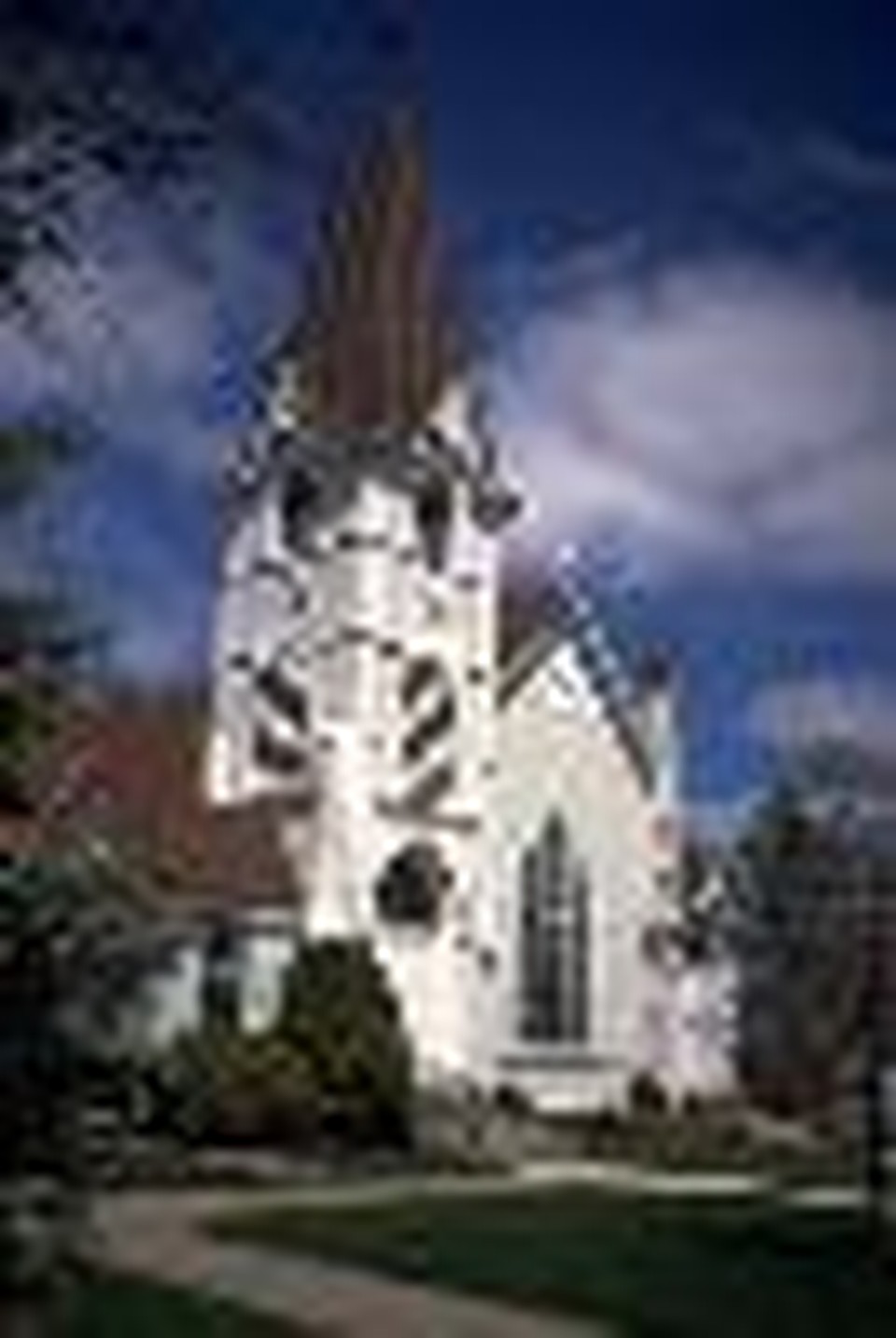Protestant Majority in America Disappearing, Study Indicates

By giving way to secularization and pluralism in recent years, the Protestant majority in the United States is nearly extinct, a new study concludes.
While the share of Protestants in America was steady for more than 200 years, the group hit a decline in 1993. That year, 63 percent of Americans said they were Protestant, but by 2002 only 52 percent claimed the label. During the same time period, the number of people who said they had no religion rose from 9 percent to nearly 14 percent, according to a study by the National Opinion Research Center at the University of Chicago released July 20.
"Many scholars have noted that the numbers of people who say they have 'no religion' is increasing, but they haven't noted what faith group these people have been leaving," Tom W. Smith, director of the survey, said in a University of Chicago news release. "It is clear that many of these people are former Protestants."
NORC's General Social Survey, a 32-year-old survey widely referenced by social scientists as one of the nation's most scientifically reliable gauges of public trends, listed people as Protestant if they said they were members of a particular Protestant denomination such as the Southern Baptist Convention. Also included as Protestants were members of the Church of Jesus Christ of Latter-day Saints, which was the category chosen by just 2 percent of the respondents in 2002.
Smith noted in the news release that a small number of the people who formerly identified themselves as members of a Protestant denomination may have decided to identify themselves simply as "Christian" in which case they would be in the "other" category on the survey.
The study found that the number of people who said they were raised Protestant remained stable at 65 percent from 1973 to 1993 and then dropped to 56 percent in 2002. Among those born in 1980 or later, 49 percent said they were raised Protestant and 27 percent claimed to have no religion.
"The recent Protestant decline comes in large part from the loss of younger adherents and a related drop in the retention rate," Smith said. Until 1993, about 90 percent of people who were raised Protestant remained Protestants as adults, but by 2002 the number had fallen to 83 percent, the study said.
In a Chicago Sun-Times article July 21, Smith mentioned a reason why more young people may be leaving Protestant denominations.
"There is some evidence that a large portion of this problem is that a fair number of marginal Protestants are not really engaged in their faith and therefore didn't pass it on to their kids," he said. "The mom and dad would say, for example, 'Yeah, we're Methodists,' but they never went to church. They'd baptize their kids and that's about it."
Another reason for the marked decline in the Protestant majority is the fact that in 2002 immigrants made up 10 percent of the U.S. population, and only one in four immigrants are Protestant. The number of Roman Catholics remained stable at 25 percent and Jews at 2 percent, but the number of Muslims, Orthodox Christians, Buddhists and Hindus rose from 3 percent in 1993 to 7 percent in 2002.
The demise of the Protestant majority in America, with the loss of a shared vocabulary and viewpoint, has political and cultural implications, political scientist Corwin Smidt, director of the Paul B. Henry Institute for the Study of Christianity and Politics at Calvin College in Grand Rapids, Mich., told USA Today.
"Growing pluralism forces an examination of our commonality," he said. "How do we find basis for agreement" in schools, neighborhoods and voting booths?
The survey results were gathered in-person from more than 43,000 Americans over the past 30 years.
Visit Baptist Press on the web
Originally published July 25, 2004.





